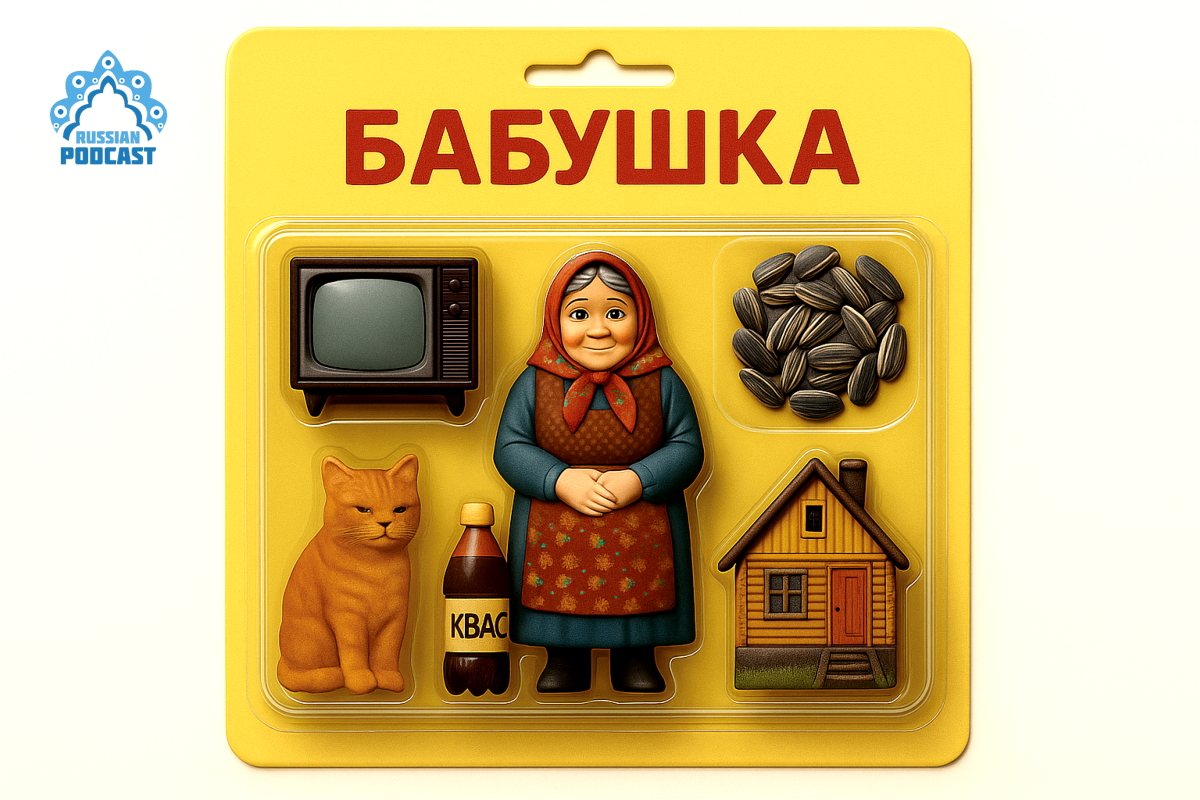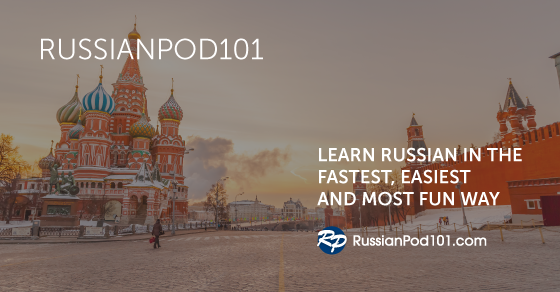| Wanna learn new words and phrases fast, so you can speak and understand more of your target language? |
| In this video, you’ll learn all about Spaced Repetition Flashcards |
| You’ll learn about why this particular study tool is so useful and how using it can help keep vocabulary words fresh in your mind. |
| First: here’s what’s new with our flashcards |
| You can now access your flashcards on any mobile device. They’re mobile responsive. So, visit the site on any device: iPhone, iPad, Android or any tablet. Access the Flashcards, and learn anywhere, anytime. |
| But what if you’re a new language learner and have never seen this tool before? |
| Second: What are spaced repetition flashcards? |
| What are they and how do spaced repetition flashcards teach you words and phrases better than regular flashcards? |
| First, imagine a regular flashcard. Imagine a teacher is quizzing you with paper flashcards. On the front, you see the word in the target language. The meaning of the word is on the other side. Your teacher shows you the target language word and asks you what the word means. If you get the answer right, your teacher puts the card in a pile of “correct answer” cards. If you get the answer wrong, your teacher puts the card in a pile of “wrong answer” cards. |
| Spaced repetition flashcards are like a digital version of this, but a computer sorts your answers into “correct answers” and “wrong answers” and then chooses which cards to quiz you on accordingly. |
| With a spaced repetition flashcard, you see a word. You mark whether you know it or not. You learn whether you were right or wrong. Then, you get the next word. But what exactly is Spaced Repetition? |
| Third: How Spaced Repetition works |
| This is the part of the tool that makes the flashcards so powerful. If you get a word wrong, you’ll see that card more often, until you get it right. |
| The card will keep popping up until you remember the answer. Spaced repetition flashcards help you focus on the words you don’t know yet, or the words you’re weak with instead of asking you to review words you already know well. |
| If you get a word right, you’ll see that word again in perhaps 2 days. If you get the word right again after waiting 2 days, you might see the word 4 days later. Then 16 days later, and so on. As you study and remember words, the flashcards will appear less frequently. This is because you’re remembering the vocabulary and don’t need to spend time studying the words you already know. Spaced repetition flashcards help you study words at the right time. |
| The flashcards will track your progress. This means you don’t have to remember which words you got right or wrong. The flashcards you are quizzed on will be customized to your knowledge level every time you study. And the quizzes will also help you keep your memory fresh. Remember, we don’t learn things simply by seeing them once. By repeating our studies over a period of time, we remember things better. And the best part is that you can study vocabulary and phrases in just a few minutes a day. |
| So, if you’re on the train or bus going to work, you can put that time to use. Take out your phone and learn new words. Just a couple minutes every day will help you learn new words fast. |
| If you want to check out our Spaced Repetition Flashcards, or any of our other language learning tools, check out our complete language learning program. Sign up for your free lifetime account by clicking on the link in the description. Get tons of resources to have you speaking in your target language. And if you enjoyed these tips, hit the “like” button, share the video with anyone who’s trying to learn a new language, and subscribe to our channel. We release new videos every week! I’ll see you next time. Bye! |
Source link

